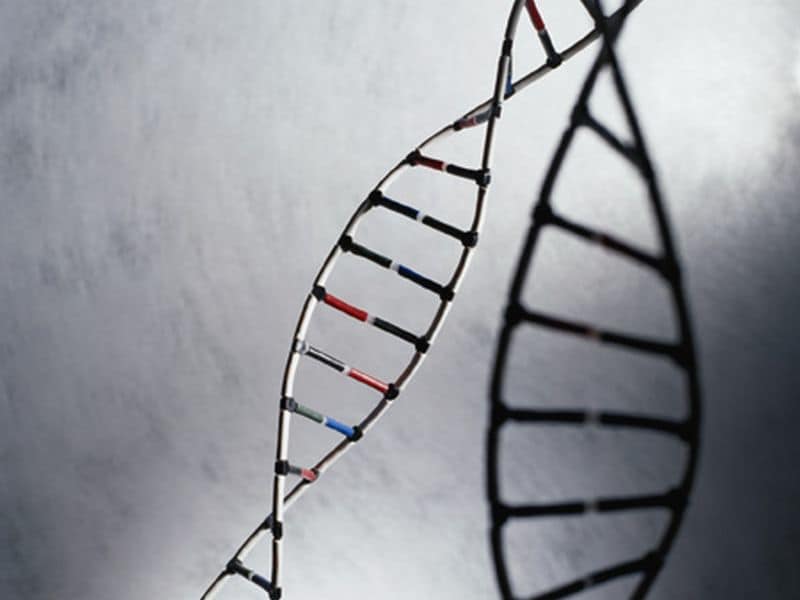WEDNESDAY, Aug. 14, 2019 (HealthDay News) — A considerable proportion of families diagnosed at an autosomal dominant tubulointerstitial kidney disease specialist center are the result of direct family referral from the internet, according to a study published online July 24 in Genetics in Medicine.
Anthony J. Bleyer, M.D., from the Wake Forest School of Medicine in Winston-Salem, North Carolina, and colleagues examined self-referral from the internet for genetic diagnosis of rare inherited kidney diseases in a retrospective study conducted from 1996 to 2017. Data were obtained from an academic referral center specializing in autosomal dominant tubulointerstitial kidney disease.
The researchers identified 665 referrals over 21 years: 27, 40, and 33 percent directly from families, from academic health care providers (HCPs), and from nonacademic HCPs, respectively. Positive genetic testing occurred in 24, 27, and 25 percent of those with direct family referrals, from academic HCPs, and from nonacademic HCPs, respectively (P = 0.72). Of the direct family contacts, 99 percent were white and lived in zip code locations with a mean median income of $77,316 ± 34,014 compared with a median U.S. income of $49,445.
“While online searches can frequently fail to provide relevant or correct health information, the internet does offer those with rare disorders a way to find the rare specialists interested in a particular condition and obtain accurate information about it,” Bleyer said in a statement.
Abstract/Full Text (subscription or payment may be required)
Copyright © 2019 HealthDay. All rights reserved.



